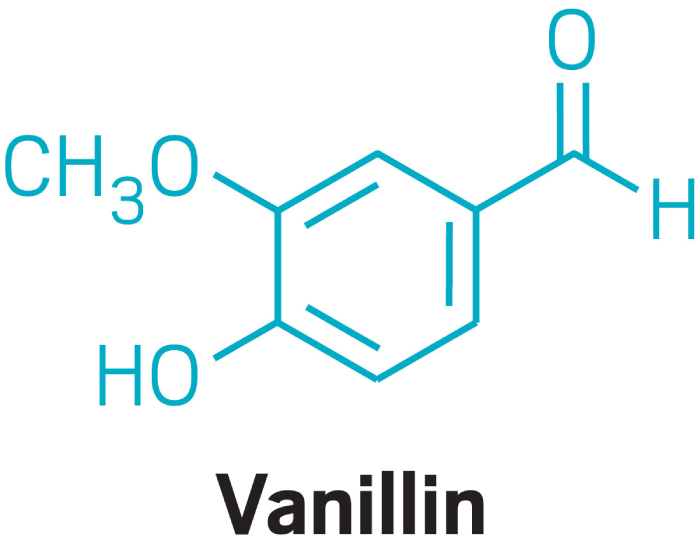Legal Action Vs Johnson & Johnson
Claimants in the UK announced legal action against the multinational pharmaceutical and cosmetics giant Johnson & Johnson (J&J). The lawsuit alleges that women diagnosed with various cancers were exposed to asbestos in the company’s talcum powder products. This marks the first time that J&J could face legal action in a UK court regarding these allegations, although the company has been embroiled in similar lawsuits in North America for years.
KP Law, the law firm representing approximately 2,000 claimants, asserts that these women, now diagnosed with “life-changing and life-limiting cancers,” were exposed to dangerous asbestos in J&J’s talcum powder. In response, Erik Haas, J&J’s worldwide vice president of litigation, emphasized the company’s commitment to talc safety, stating that J&J has consistently found no asbestos contamination in its products. Haas also pointed to the consensus in independent scientific research, asserting that talc has not been proven to pose a risk for ovarian cancer or mesothelioma.
The case, which is the first of its kind in the UK, centers on claims that J&J has knowingly sold talc products containing asbestos, despite the company being aware of the potential dangers as early as the 1970s. KP Law further contends that J&J failed to warn consumers about these risks, continuing to produce and distribute talcum powder in the UK until 2022. The law firm is representing a predominantly female client base, some of whom have already passed away due to their cancers.
In response to these developments, J&J has until the end of the year to respond to a letter sent by the law firm on behalf of their clients, after which legal documents will be filed with the UK’s High Court. In the meantime, J&J maintains that its former consumer health division, Kenvue, is responsible for any talc-related liabilities outside of the US or Canada.
Kenvue, which separated from J&J in 2023, issued a statement defending the safety of talc, asserting that decades of testing by independent experts have demonstrated the product’s safety, its lack of asbestos contamination, and its lack of carcinogenic effects.
However, despite these reassurances, the controversy surrounding talcum powder has persisted for years. In September, J&J raised its settlement offer for talc-related claims in the US to approximately $8 billion, a sum to be paid over the next 25 years. Earlier in the year, the company agreed to pay $700 million to settle allegations in North America that it had misled customers about the safety of its talcum-based products. Despite these settlements, J&J did not admit wrongdoing and voluntarily withdrew talc powder from the North American market in 2020.
The issue has been further complicated by the World Health Organization’s cancer agency, which, in July, classified talc as “probably carcinogenic†to humans. A 2020 summary of studies covering 250,000 women in the US did not find a significant statistical link between talc use on the genitals and the risk of ovarian cancer.
Commentary by YourDailyFit Columnist Alice Winters

The ongoing legal challenges against Johnson & Johnson, particularly concerning the presence of asbestos in its talcum powder products, present a compelling case study in consumer safety, corporate responsibility, and the complexities of health product regulation. While J&J maintains that its products are safe and free from harmful asbestos contamination, the continuing litigation—spanning both North America and now the UK—highlights the lasting consumer distrust and the considerable legal and financial stakes involved.
A critical point to consider is the disparity in scientific interpretations. On one hand, J&J’s internal testing, along with the company’s reliance on external scientific studies, asserts that their talc is free from asbestos and does not pose significant cancer risks. On the other hand, the World Health Organization (WHO) has classified talc as “probably carcinogenic,” and some independent researchers, as well as the ongoing legal suits, suggest that the potential risks associated with talc may have been understated by the company for decades. While a 2020 study found no statistical correlation between talc use and ovarian cancer, the WHO’s classification raises critical concerns, particularly for long-term users of talcum powder in high-risk areas of the body.
The timing of these developments is also notable. The separation of Kenvue from J&J in 2023 and its subsequent assumption of responsibility for talc liabilities outside of North America may be seen as an attempt to shield the parent company from further financial fallout, a maneuver that could signal a shift in corporate strategy as litigation risks escalate.
From a market perspective, the continued controversy surrounding talcum powder underscores the importance of transparency and rigorous testing in health products. J&J’s settlement agreements—while not admitting liability—reveal the company’s recognition of the potential for widespread harm, as well as the sheer volume of affected individuals. However, the issue also raises broader questions about the ethics of product reformulation, especially in light of historical knowledge of asbestos risks. Should J&J have acted sooner? Could they have better communicated these risks to consumers in an era when the harmful effects of asbestos were better understood?
Moreover, the fact that talcum powder remains legal and sold in some markets despite these risks is worth scrutinizing. There is a growing body of evidence suggesting that corporate interests may have played a role in delaying regulatory action, thereby putting vulnerable consumers at risk. This tension between public health concerns and private profit motives is at the heart of much of the criticism surrounding J&J’s handling of the talcum powder issue.
Ultimately, the ongoing lawsuits and settlements only add to the already complicated legacy of talcum powder in the consumer market. If these claims hold merit in court, the ramifications could be profound, not just for J&J, but for the broader pharmaceutical and cosmetics industries, particularly in terms of product safety, labeling practices, and corporate accountability.
In conclusion, while J&J’s insistence on the safety of its products is unlikely to end the legal battles anytime soon, it underscores a larger issue that affects many health products today: the delicate balance between scientific evidence, corporate accountability, and consumer trust.



